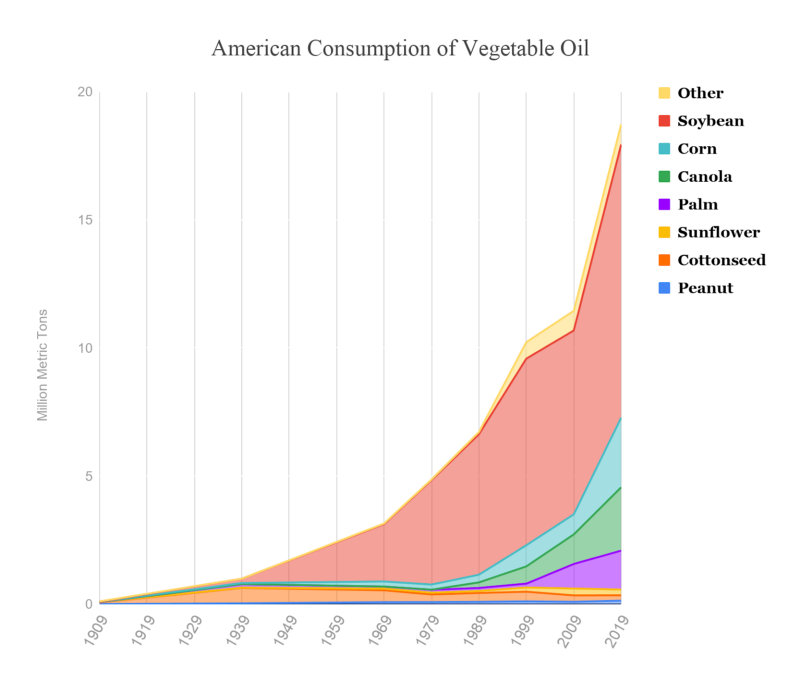The Industrial Food System's Dark Side: Implications for Personal Food Security

The industrial food system has brought convenience and affordability to our plates, but at what cost? With mass production and long-distance transportation, the system has created several weaknesses that have become more apparent in recent times. In this blog, we will explore the weaknesses of the industrial food system and how it relates to individual food security.
Dependence on Fossil Fuels
One of the primary weaknesses of the industrial food system is its dependence on fossil fuels. From the production of synthetic fertilizers to transportation, the system relies heavily on oil and gas. With the increasing volatility of oil prices and concerns over climate change, this dependence has become a significant threat to food security. In contrast, local food systems that rely on sustainable practices like crop rotation, composting, and natural pest control can help reduce our reliance on fossil fuels and contribute to a more resilient food system.

Lack of Diversity
Another weakness of the industrial food system is its lack of diversity. Large-scale monoculture farming practices and standardized food production have led to a loss of biodiversity, which is essential for healthy ecosystems and long-term food security. In contrast, small-scale and regenerative agriculture practices can help restore biodiversity and increase resilience in the food system.

Food Waste
The industrial food system is also notorious for its high levels of food waste. From overproduction to inefficiencies in transportation and storage, billions of pounds of food go to waste each year. This waste not only represents a significant financial loss, but it also creates environmental problems and exacerbates food insecurity. In contrast, local food systems that prioritize reducing waste and distributing excess food to those in need can help address food insecurity and promote sustainable practices.

Centralization
The industrial food system is highly centralized, with a small number of companies controlling most of the food supply chain. This centralization limits consumer choice and can lead to supply chain disruptions, as seen during the COVID-19 pandemic. In contrast, local food systems that prioritize decentralization and diversification can help create a more resilient and adaptable food system.
Health Concerns
Finally, the industrial food system has been linked to several health concerns, including obesity, diabetes, and heart disease. This is due to the prevalence of highly processed foods, which are often high in sugar, salt, and unhealthy fats. In contrast, local food systems that prioritize fresh, whole foods can help promote healthier eating habits and reduce the risk of chronic diseases.

The weaknesses of the industrial food system have become more apparent in recent times, highlighting the importance of building a more resilient and sustainable food system. Local food systems that prioritize sustainable practices, biodiversity, reducing waste, decentralization, and fresh, whole foods can help address the weaknesses of the industrial food system and promote individual food security.


